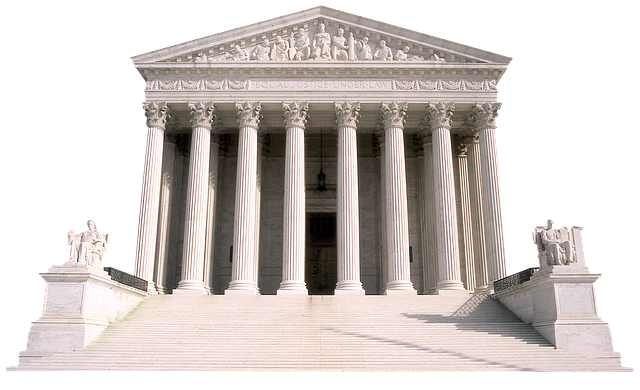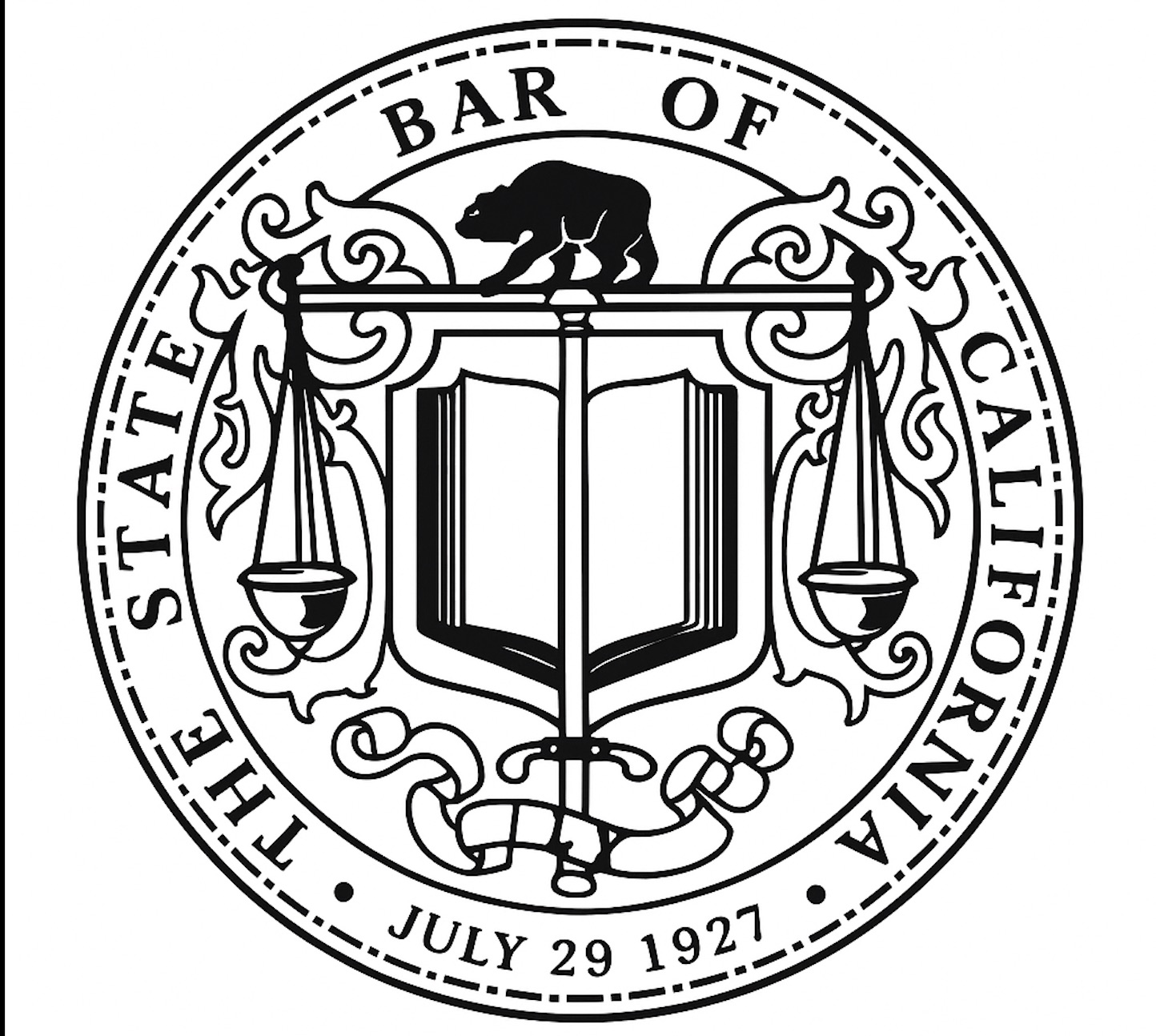Eviction Expungement: A Second Chance for Renters

Introduction
An eviction can have consequences for renters, making it difficult to secure suitable housing in the future. Fortunately, in certain circumstances, it may be possible to have an eviction removed from your record through eviction expungement. This article will explore the ins and outs of eviction expungement, including eligibility requirements, petition filing, and the potential benefits of having your eviction record sealed.
What is Eviction Expungement?
Eviction expungement is the legal process of removing an eviction case from public records. When an eviction is deleted, it is as if it never occurred, and the case is no longer accessible to the public, including potential landlords and tenant screening agencies.
Why Consider Eviction Expungement?

An eviction on your record can make it challenging to find good housing in the future. Many owners and property management companies conduct background checks on potential tenants, which often include a search for past evictions. If an eviction appears on your record, it may lead to your rental application being denied, even if the eviction occurred years ago.
Additionally, eviction records can remain on your credit report for up to seven years, negatively impacting your credit score and making it more difficult to secure other types of credit, such as car loans or mortgages.
Removing your eviction record can improve your chances of being approved for rental housing and remove the negative impact on your credit report.
Related Terms: Cta image, petition to expunge eviction, previous landlord, local magistrate court clerk, image cta, expunging eviction records, utah district court cover, district court cover sheet,
Eligibility for Eviction Expungement

Not all eviction cases are eligible for expungement. The specific requirements for eviction expungement vary by state and local laws, but generally, you may qualify if:
- The eviction case was dismissed or ruled in your favor
- The eviction was due to financial hardship or other circumstances beyond your control
- You have satisfied any outstanding judgments or debts related to the eviction
- A certain amount of time has passed since the eviction (typically 1-7 years, depending on the state)
It’s essential to research the specific laws in your area to determine if your eviction case meets the eligibility requirements for expungement.
Types of Eviction Expungement
There are three main types of eviction expungement:
- Mandatory Expungement: In some states, eviction cases that meet specific criteria are automatically eligible for expungement. For example, in Minnesota, eviction cases filed more than three years ago and did not result in a judgment against the tenant are automatically erased.
- Statutory Expungement: Many states have laws that allow tenants to petition the court to expunge their eviction records if they meet specific requirements. These requirements often include a waiting period, proof of good cause for the eviction, and evidence of rehabilitation or changed circumstances.
- Inherent Authority Expungement: In some states, courts have the inherent authority to expunge eviction records, even if no specific law allows for it. This type of expungement is often granted in cases where the eviction was wrongfully filed or where it is necessary to prevent injustice.
The Eviction Expungement Process
The process for expunging an eviction record varies by state and local laws but typically involves the following steps:
- Determine Eligibility: Review your state and local laws to determine if your eviction case is eligible for expungement.
- Gather Necessary Documents: Collect all relevant documents related to your eviction case, including the eviction notice, court filings, and any judgments or orders.
- File a Petition: File a petition to be erased by the appropriate court. This may be the same court that handled your original eviction case. You may need to pay a filing fee and provide copies of your petition to the other parties in the case, such as your former landlord.
- Attend a Hearing: In some cases, the court may schedule a hearing to consider your petition for expungement. At the hearing, you will have the opportunity to present your case and argue why your eviction record should be expunged. The landlord or other parties opposing expungement may also present their arguments.
- Wait for a Decision: After the hearing, the court will review the evidence and arguments presented and make a decision on your petition for expungement. If your petition is granted, the court will order the eviction record to be sealed or removed from public access.
What Happens After Expungement?
If your eviction case is successfully erased, the court record will be sealed, and the eviction will no longer appear on your credit report or background checks. However, it’s important to note that erased records are not completely erased and may still be accessible to certain government agencies or through court orders. more active tone
After expungement, you should obtain a copy of the court order and keep it in a safe place. Suppose a potential landlord or other party asks about your eviction history. In that case, you can honestly state that you have no eviction record, as the expunged eviction is legally considered to have never occurred.
Alternatives to Eviction Expungement
If your eviction case is not eligible for erased, there may be other options available to help you secure housing and move forward from the eviction:
Seek Legal Assistance:
If you believe that your eviction was wrongful or that your landlord violated the proper eviction procedures, you may want to seek legal assistance. Many communities have legal aid organizations that provide free or low-cost legal services to low-income renters.
Provide Context to Potential Landlords:
If an eviction appears on your record, plan to address it with potential landlords. Provide a written explanation of the circumstances surrounding the eviction and any steps you have taken to remedy the situation, such as paying off outstanding debts or help your financial stability.
Offer Additional Security:
Some landlords may be willing to overlook a past eviction if you can provide additional security, such as a larger security deposit or a co-signer on your lease.
Look for Second Chance Housing Programs:
Some communities have “second chance” housing programs that work with renters who have experienced eviction or other housing barriers. These programs may offer more lenient screening criteria or provide support services to help renters maintain stable housing.
Frequently Asked Questions (FAQ)

How long does an eviction stay on my record?
In most cases, an eviction can remain on your credit report for up to seven years from the date of the judgment. However, some states have laws allowing for shorter reporting periods or evictions to be removed from credit reports sooner if certain conditions are met.
Can I delete an eviction if I owe money to my landlord?
It depends on the specific laws in your state. In some cases, you may be required to pay off any outstanding judgments or debts related to the eviction before you can petition for expungement. In other cases, the court may consider evidence of financial hardship or other extenuating circumstances when deciding whether to grant expungement.
Do I need an attorney to file an eviction expungement?
While you are not required to have an attorney to file for eviction expungement, it may be beneficial to seek legal advice or assistance, mainly if your case is complex or unsure of your area’s specific requirements. Many legal aid organizations offer free or low-cost services to low-income renters seeking expungement.
How much does it cost to file for eviction expungement?
The cost of filing for eviction expungement varies by state and local jurisdiction. In some cases, there may be a filing fee of several hundred dollars. However, many courts offer fee waivers for low-income petitioners or those experiencing financial hardship.
Can a landlord oppose my petition for eviction expungement?
Yes, a landlord or other parties named in the eviction case may oppose your petition for expungement. They may argue that the eviction was justified or that expungement is not appropriate in your case. The court will consider arguments from both sides when deciding whether to grant expungement.
Conclusion
Eviction expungement can provide a valuable second chance for renters who have experienced the negative consequences of an eviction on their record. By removing the eviction from public records, expungement can make it easier to secure suitable housing and move forward with your life.
However, the eviction erased process can be complex and varies widely by state and local laws. It’s essential to carefully research the requirements and procedures in your area and to seek legal assistance if needed.
Don’t lose hope if your eviction case is not eligible for expungement. Other options are available, such as seeking legal assistance, providing context to potential landlords, offering additional security, or looking for second-chance housing programs.
Ultimately, the key to overcoming an eviction is to be proactive, persistent, and resourceful in securing stable housing and rebuilding your rental history. With the right approach and support, it is possible to move beyond the challenges of an eviction and achieve your housing goals.
Related Terms: breadcrumb separator arrow, local tenant screening agencies, court records, proper state eviction procedures, eviction paperwork, access your expunged records, expunge my eviction case, future landlords, forms for the party, legal aid services, tenant screening companies













